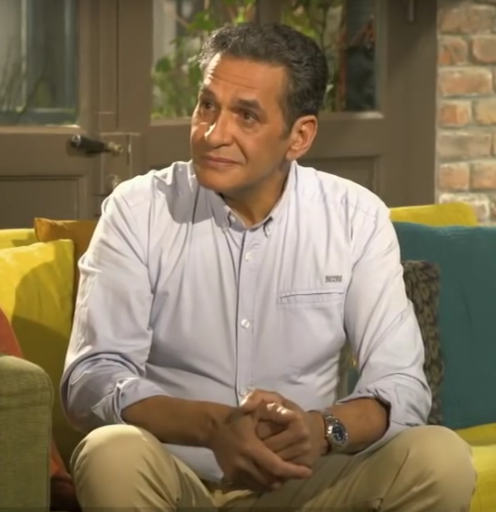






Daniel David Tibi, a French merchant of Ecuadorian art and precious stones, was arrested on September 27, 1995 in Quito by police officials executing an anti-drug trafficking operation. He was detained without an arrest warrant or information regarding the charges against him. He was detained at the Litoral Penitentiary in Guayaquil for almost three years, until he was released on January 21,1998. During this time, he was tortured both physically and psychologically, including drownings, strong blows, cigarette burns, and threats to his life and his family, among others.
Mr. Tibi denounced the human rights violations he suffered, and presented a petition before the Inter-American Human Rights System against Ecuador. CEJIL and the Human Rights Clinic of the Pontifical Catholic University of Ecuador assumed his representation in 2001.
In 2004, the Inter-American Court published its judgment in the case, finding Ecuador responsible for the human rights violations committed against Daniel Tibi. In its decision, the Inter-American Court ordered a number of measures of reparation in favor of Mr. Tibi and his family members, including a public apology and economic reparations. Additionally, the Court ordered Ecuador to investigate, process, and sanction all those responsible for the violations. Finally, it ordered the State to conduct trainings for various state officials involved in the detention of individuals, including police and judicial authorities, as well as medical and psychiatric personnel.
In addition to recognizing Daniel Tibi’s rights, the judgment was also an important achievement in the fight against torture on detained individuals in Ecuador and throughout the Americas. The decision condemning the torture suffered by Mr. Tibi established an important precedent in jurisprudence regarding torture and arbitrary detention in the Inter American system. However, to this date, Daniel Tibi’s case remains in impunity, as no charges have been brought against any of the policemen, judges, attorneys, or medical personnel involved in his case.
More than 20 years after his arbitrary detention, Daniel continues his search for justice. Along with his representatives, he has actively participated in the Inter-American Court’s process to monitor compliance with this decision. Within this context, in 2018, Daniel Tibi will return to Ecuador for the first time to provide information on the advances and challenges in the investigation of his case, in the hopes that the investigation may advance and Ecuador will finally comply with all the measures of reparation ordered.
Impact of the case
Help us continue this critical and urgent work with a donation!
DONATE NOW